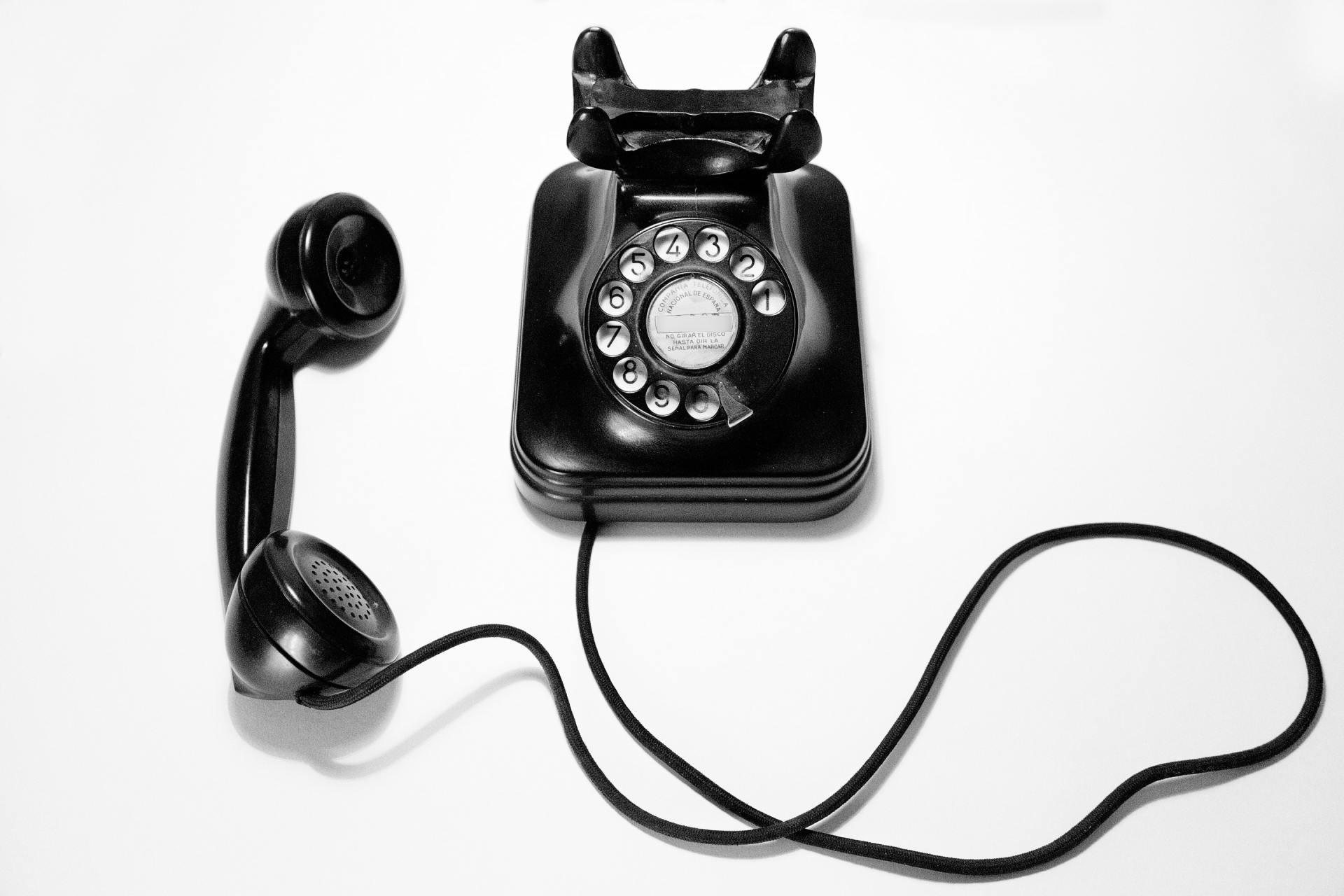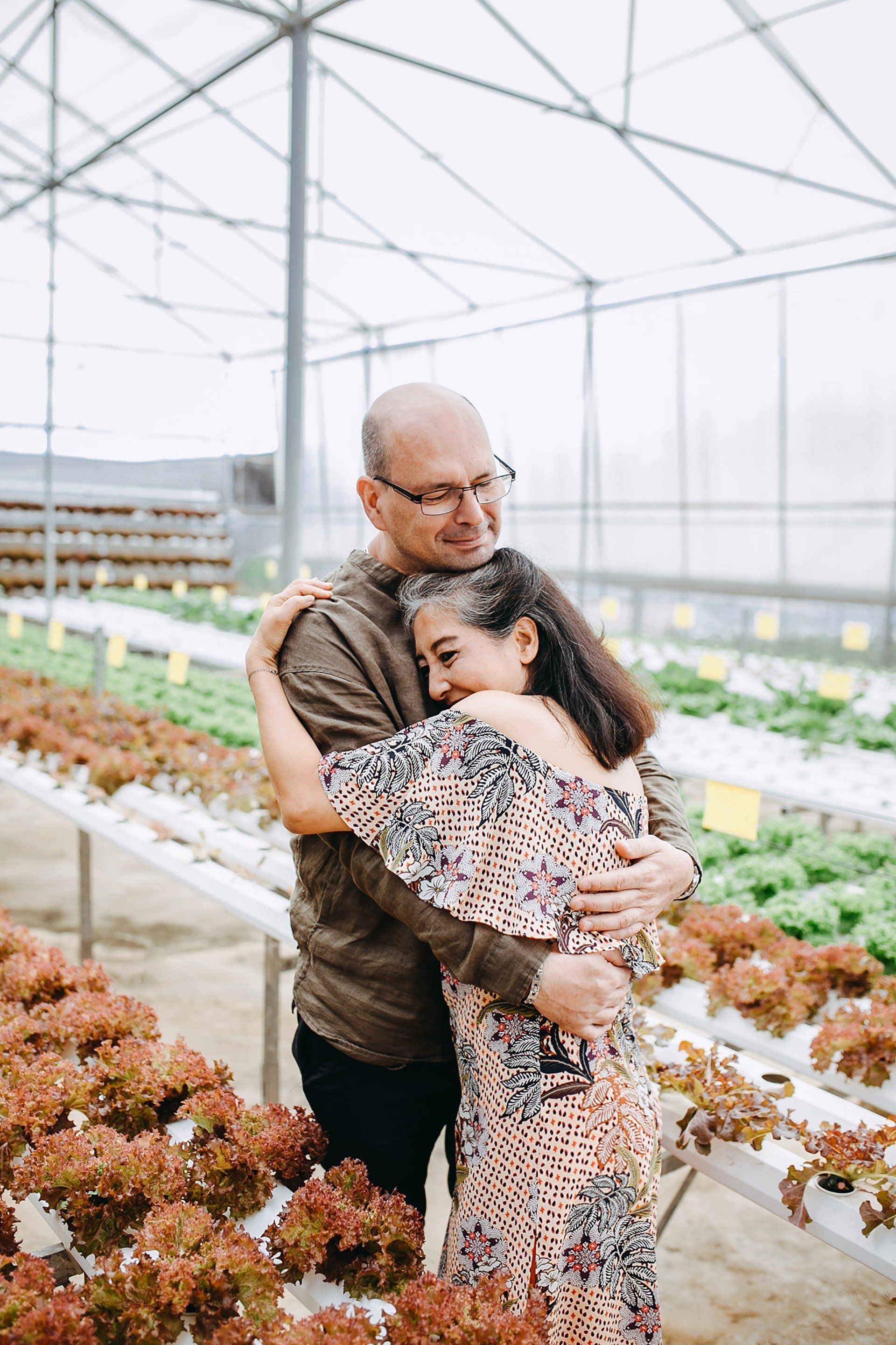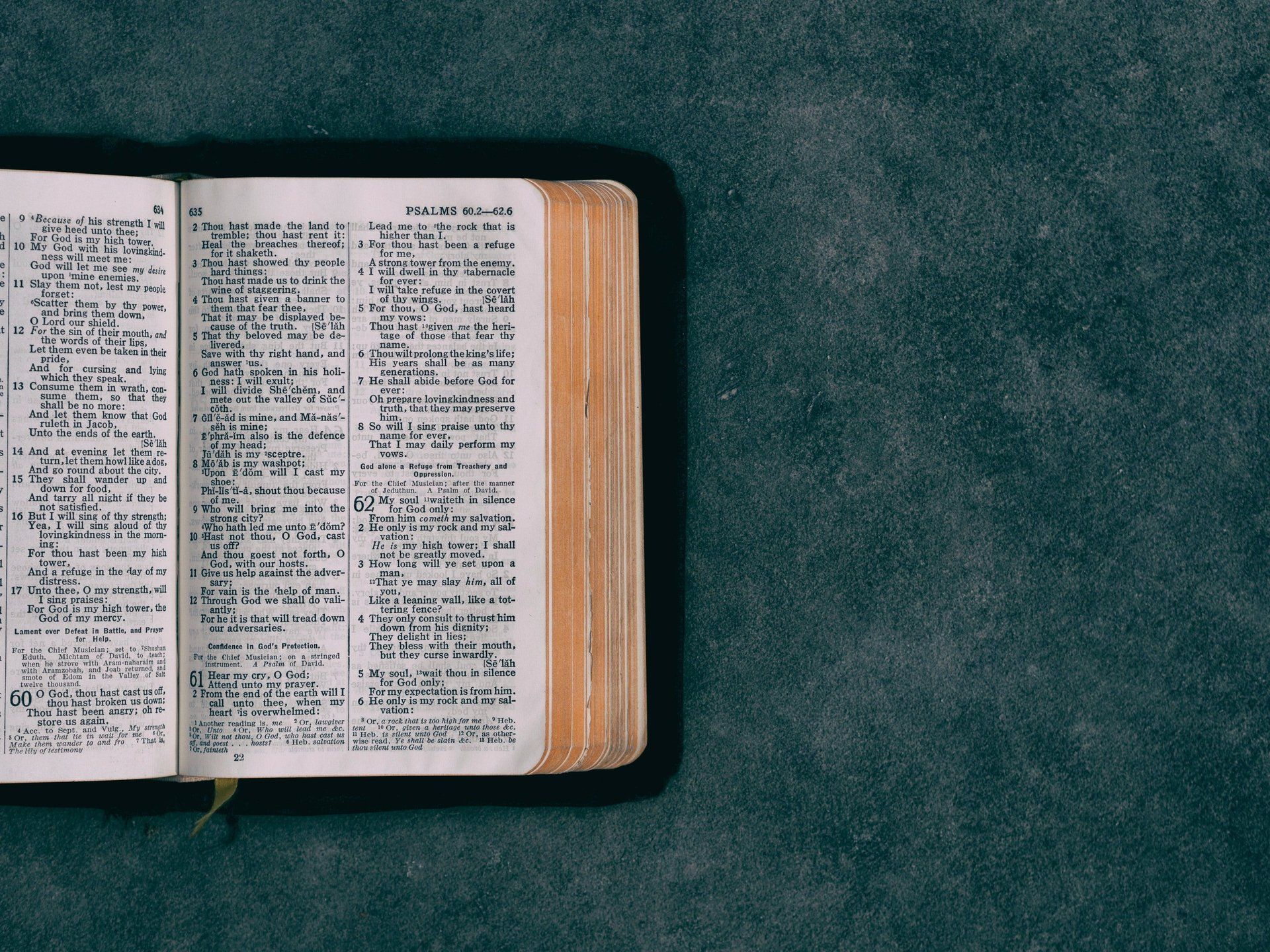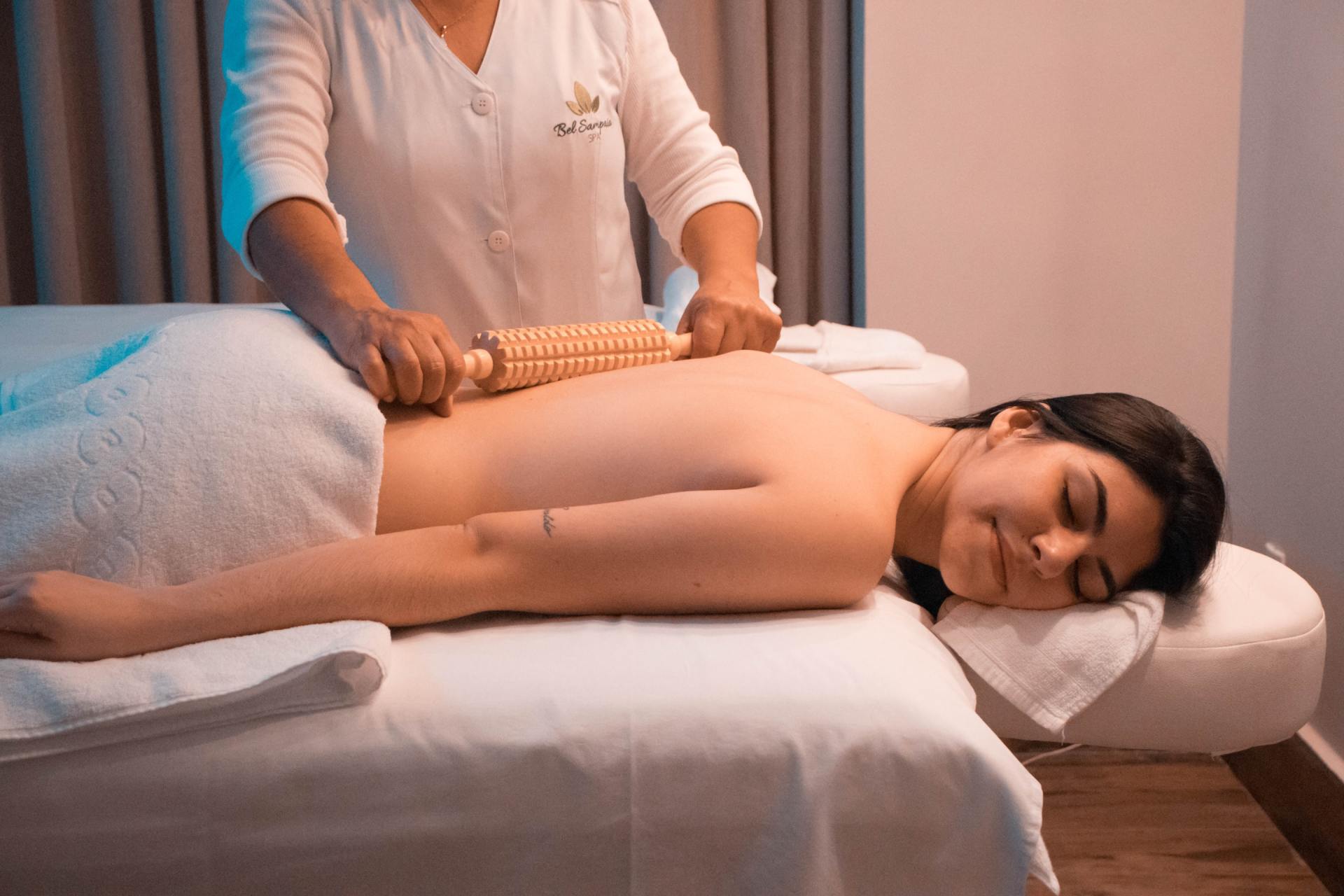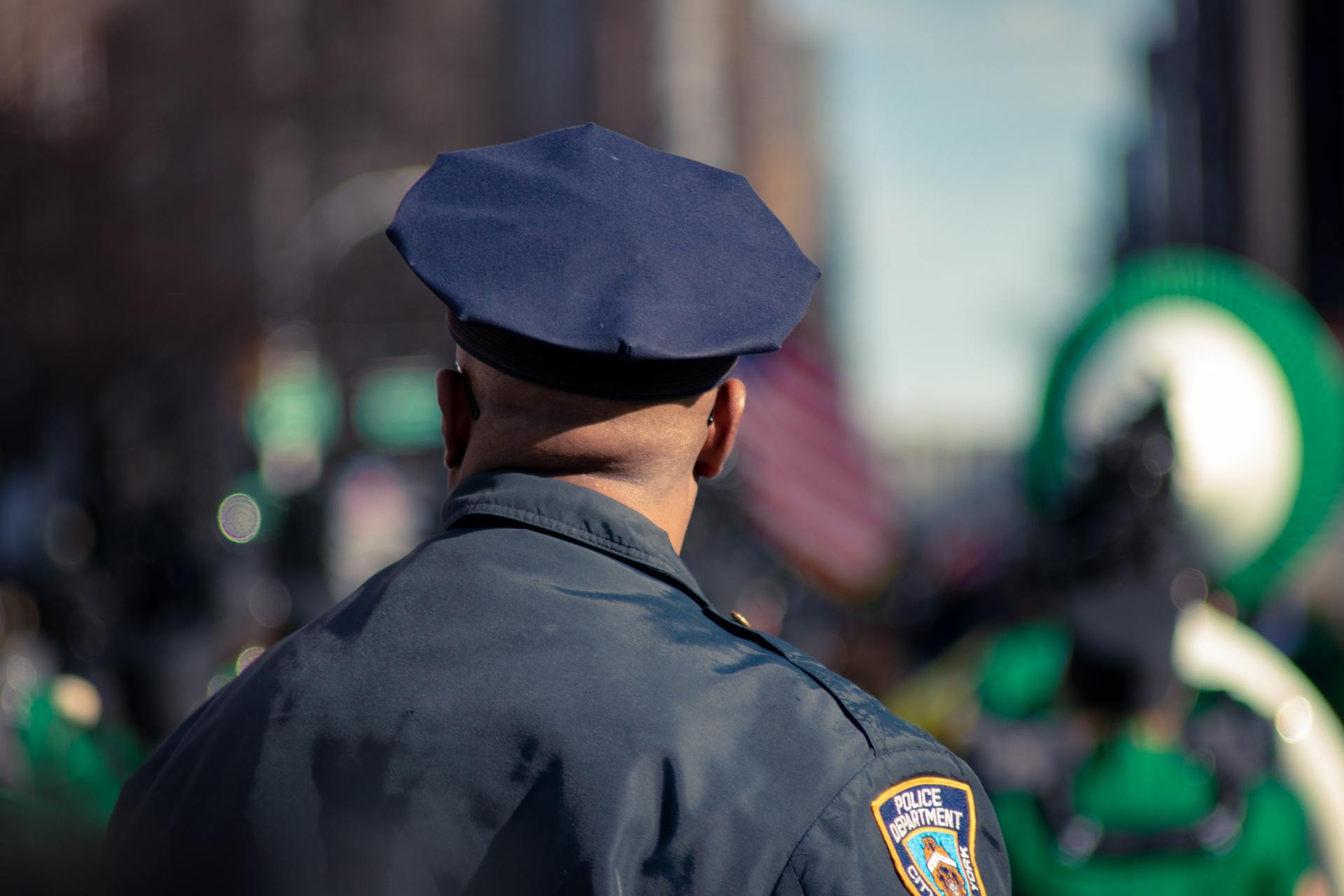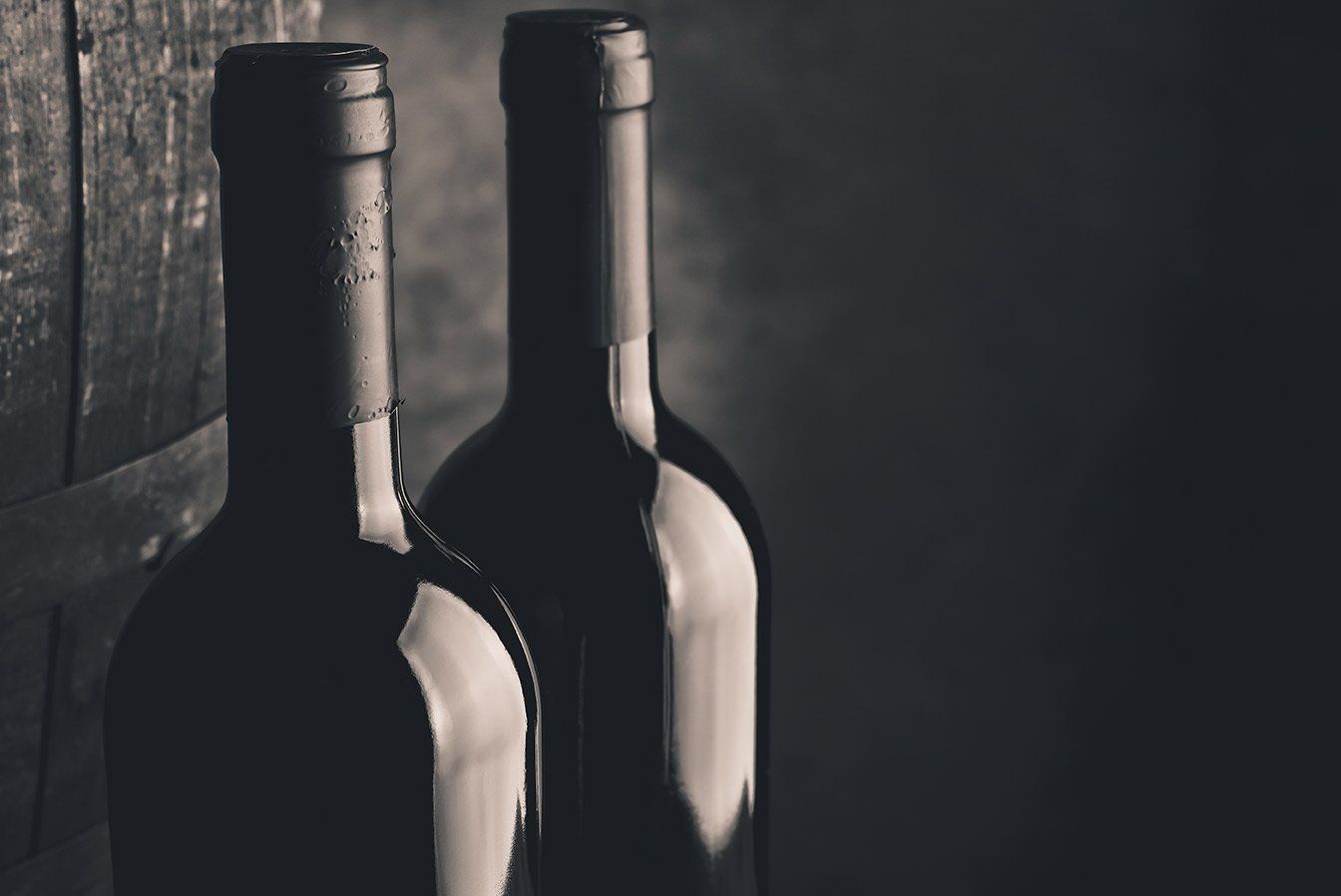The Elder Abuse Prevention Unit (EAPU) was established in 1997 following the release of “A Report of the Project on Abuse of Older People” (1994) commissioned by the then Department of Family Services and Aboriginal and Islander Affairs. The unit is funded by the Queensland Government to provide a state-wide service to respond to the abuse of older people in Queensland and operates under Uniting Care Qld, Child and Family Services.
“Elder Abuse is a single or repeated act, lack of appropriate action, occurring within any relationship where there is an expectation of trust, which causes harm or distress to an older person.” (WHO, 2002). Abuse can be experienced by men and women, rich and poor from all cultures and races. An abused older person may live on their own or in a household. They could be taking care of themselves, caring for someone, or being cared for by someone. The person doing the abusing is often someone the older person knows and should be able to trust; such as a daughter or son, grandchild, spouse, other family member, Carer or friend.
Types of Abuse
· Financial – the illegal and improper use of an older person’s money and or property
· Psychological – causing mental anguish, fear of violence feelings of shame, humiliation and powerlessness
· Physical – inflicting pain or injury such as hitting, slapping, restraining or under medicating
· Neglect- intentional or unintentional failure of a Carer to provide necessities of life to a person who depends on them
· Sexual – assault, rape or any activity that makes the senior feel uncomfortable about their gender.
Protecting Yourself
· If in immediate danger – call the Police on 000 (triple zero)
· Have a safety plan
· Call Elder Abuse Prevention Helpline for support, information and referrals to agencies who may be of practical assistance
· Do not make major life decisions and changes at a time of crisis
· Retain as much control over your life as possible and remain socially connected
· Make informed decisions by seeking independent legal and financial advisors rather than using your son’s/ daughter’s advisors.
· Use accredited interpreters if needed.
ELDER ABUSE PREVENTION UNIT HELPLINE: 1300 651 192.
Interstate: 07 3867 2525 (normal charges apply so please ask us to call you back). (Opening hours: Mon-Fri, 9am – 5 pm)
Email: eapu@uccommunity.org.au
Website: www.eapu.com.au
Patricia Arora
TMCCA
MORE SCENIC NEWS
-
A NEW CHAPTER FOR WOLVES BASKETBALL
Mar 28, 2024ButtonAs the sun sets on an incredible experience, it's time for me, Adam Chanter, to say farewell as the Pre...
-
GRAND OPTIONS CATER TO MOST NEEDS AND TASTES
Mar 28, 2024ButtonFor weddings, services can be held in The Old Church, which stands as a proud member of architecturally sig...
-
ANNE HOITINK – APRIL 2, 1945 – MARCH 15, 2024
Mar 28, 2024ButtonMigrated to Australia on 29 November 1952, aged 7 years. Going directly to the suburb of Reid in Canber...
-
GREAT SUCCESS FOR LITTLE ATHLETES
Mar 28, 2024ButtonRuby, Lily, Talia, Torah, Hugo, Leiawyn, Aric, Dean, Mitchell, Harvey and Noa; you all should be so proud ...
-
COMMUNITY CAMERA ALLIANCE – YOUR CHANCE TO HELP
Mar 28, 2024ButtonIt's essential for community members to remain vigilant and take steps to safeguard their properties and vehicle...
-
KERRI: AN HONOUR TO FILL THE ROLE FOR DIVISION 2
Mar 28, 2024ButtonDuring the pre-poll part of the campaign, I was very grateful for the opportunity to be able to meet an...
-
GALLERY’S $30,000 MAJOR ART AWARD RETURNS
Mar 28, 2024ButtonThe award, named after the sacred mountain which the Gallery overlooks, is open to artists living across the...
-
DO HOP IN FOR A NEW MONTE LUPO EXHIBITION
Mar 28, 2024ButtonMonte Lupo was established by Multicap in 1991 to provide meaningful employment to people living with di...
-
BREACH OF CODE: RULING ON MAYOR CHRISTENSEN RAISES MORE VOTER CONCERNS ON ELECTION EVE
Mar 14, 2024ButtonAdditionally, Christensen is to bear his legal costs, with a warning that any future infractions will be classifie...
-
THE LONG ROAD SPORTS CENTRE AND REGIONAL SPORT - WHERE DO YOU STAND
Mar 14, 2024ButtonThe SRRC Sports strategy 2010-2020 is to be shortly superseded by the 2024 – 2034 SRRC Sports Strategy....
LOCAL BUSINESS
COLUMNS
-
Beauty & Wellness
ButtonWriter: Rebecca Mander - Naturally Cos
-
Community Care
ButtonWriter: Geoff Marshall
-
Embrace
ButtonWriter: Jaap Vogel
-
Food for Thought
ButtonWriter: Dylan Gittoes
-
Hooked on Books
ButtonWriter: Friends of TM Library
-
Living with Dogs
ButtonWriter: Pam Brandis (Dip. Canine Prac.)
-
Nature Notes
ButtonWriter: Nadia O’Carroll
-
Pastor Kim
ButtonWriter: Pastor Kim Dale
-
Physio Talk
ButtonWriter: Neil Bell (Tamborine Mountain Physique)
-
Police News
ButtonWriter: Sgt Mark Shields
Officer in Charge
North Tamborine Police
-
Politics
ButtonWriter: Local Councillors and Representatives
-
Relationships
ButtonWriter: Linda Gray
-
The Mtn Midwife
ButtonWriter: Bree Lowing (Registered Midwife)
-
Travelling Places
ButtonWriter: Travelling Places Tamborine Mtn
-
Wine chat
ButtonWriter: Imogen Mulcahy
-
Yoga Under the Bodhi Tree
ButtonWriter: Margot Wagner
Your Local Paper
to read, keep & share

Your Local Paper
to read, keep & share
CONTACT
PO Box 118, North Tamborine Qld 4272
Phone: 0407 671 286
Email:
news@tmnews.com.au
ads@tmnews.com.au
Design by BjornSchmal.com


